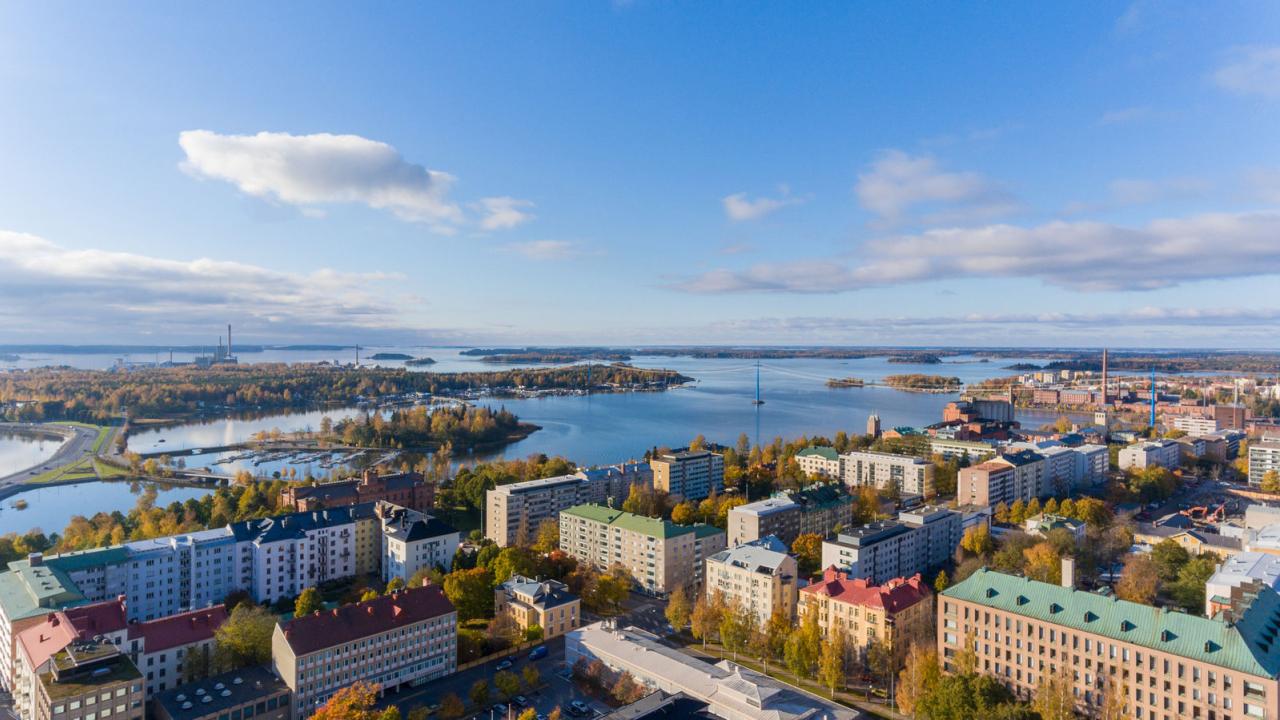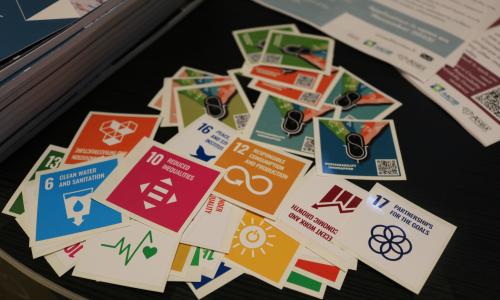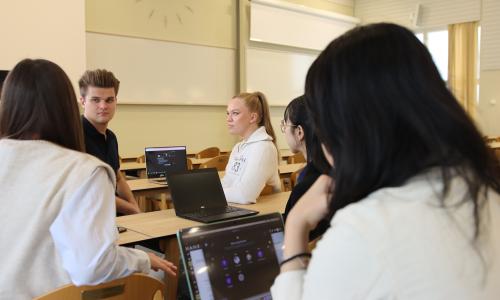Responsible Organising

Responsible Organising corresponds to fields of research on social and environmental responsibility, including gender, diversity, and sustainability, both in organisations and in terms of organisational impacts on society. In line with Hanken’s 2030 strategy, RO encourages “cooperation between Hanken’s competence centers on projects with social impact”, as it focuses on the synergistic intersections between three institutes: the Centre for Corporate Responsibility (CCR), Gender, Organization, Diversity, Equality, and Social Sustainability in Transnational Times (GODESS), and the Humanitarian Logistics and Supply Chain Research Institute (HUMLOG). The collaboration between these institutes is aimed at developing new knowledge and insights into the ways in which organizations can contribute to a more sustainable and equitable society.
Responsible: In Responsible Organising research, a common viewpoint is the rejection of the notion that ethical considerations and business decisions are distinct and separate. Instead, it is believed that ethics and morality are inherently intertwined with business practices, and therefore, cannot be separated. While acknowledging the limitations of the term "responsible" as a signifier, our research endeavors to pose pertinent questions and provide solutions while taking into account the intricate, multifaceted, and intersectional nature of societal inequalities.
Organising: The concept of "organising" takes precedence over "organisation" in the field of research conducted by Responsible Organising. The majority of studies focus on the performativity of responsibility, which refers to how individuals and groups undertake actions and coordinate efforts to bring about transformative change. This approach encompasses various domains, such as the organising of firms and other societal actors, as well as the organising of supply chains and networks across different geographical locations. The research underscores the importance of strategic and proactive organising, which can facilitate the achievement of ambitious goals and objectives.
Alignment with the SDGs
At the heart of the research conducted by Responsible Organising lies an exploration of the means by which various actors are organizing their efforts towards transformative action in order to achieve sustainability, as expressed in the United Nations' Sustainable Development Goals (SDGs). As part of this endeavor, RO is committed to investigating the ways in which firms, organizations, supply chains, networks, and markets can be organized in the pursuit of sustainable outcomes. The research conducted by RO actively engages with all 17 topic areas of the SDGs, with particular emphasis on topics related to:
- Gender Equality (SDG 5)
- Decent Work and Economic Growth (SDG 8)
- Reduced Inequalities (SDG 10)
- Responsible Consumption and Production (SDG 12)
- Partnership for the Goals (SDG 17)
Through this research, RO seeks to contribute to the global effort to achieve sustainable development, as outlined in the SDGs, and to foster a deeper understanding of the role that different actors can play in realizing this vision.




